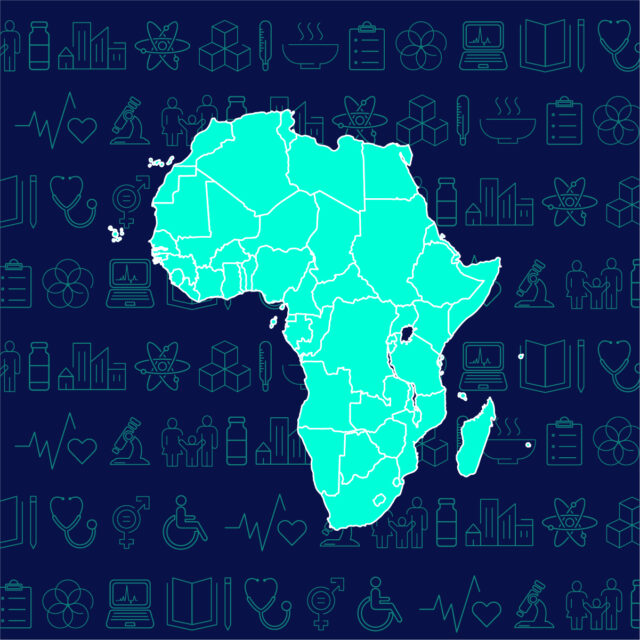The African Continental Free Trade Area (AfCFTA) is a historic agreement between African Union member states that has the potential to transform the African continent. The AfCFTA is aimed at promoting trade and economic integration on the continent.
But what does this historic agreement mean for Africans? Keep reading to find out.
What you need to know
The AfCFTA is going to be a game changer for businesses and individuals in Africa. It has the potential to boost economic growth, create decent jobs, reduce inequalities, and poverty on the continent.
Here are five key things to know about the AfCFTA and how it works.
- The AfCFTA is the largest free trade area in the world by the number of participating countries. As of May 2023, 54 African countries have signed the agreement, with 46 having ratified it.
- The AfCFTA aims to eliminate tariffs on 90% of goods traded between African countries, and to liberalize trade in services and investment. This is expected to boost intra-African trade, which currently accounts for only 17% of the continent’s total trade.
- The AfCFTA is expected to create a single market of 1.3 billion people with a combined GDP of $3.4 trillion. This could make Africa more attractive to foreign investors and lead to increased economic growth and job creation.
- The AfCFTA is also expected to promote industrialization, as companies will be able to access a larger market for their products and take advantage of economies of scale.
- The AfCFTA has the potential to create millions of new jobs in Africa.
What does this mean for Africans?
Firstly, AfCFTA aims to boost intra-African trade by eliminating tariffs on 90% of goods traded between African countries. This could lead to increased trade and investment, which in turn could create jobs and boost economic growth. Currently, intra-African trade accounts for only 17% of the continent’s total trade, compared to 59% in Asia and 69% in Europe.
Secondly, AfCFTA could lead to the creation of new industries and value chains. As tariffs are eliminated and trade barriers reduced, companies will have access to a larger market for their products and may be incentivized to invest in new production facilities or expand existing ones. This could lead to the development of new industries and the creation of new jobs.
However, the success of AfCFTA will depend on the implementation of supporting policies and infrastructure. This includes trade facilitation measures, such as simplifying customs procedures and reducing non-tariff barriers to trade. It also includes investments in transport and energy infrastructure, which are critical for enabling the movement of goods and people across the continent.
AfCFTA has the potential to transform the African continent by boosting trade, investment, and economic growth. But its success will depend on the commitment of African governments to take the action needed to implement the agreement.
Are you ready to take action, too? Find out how you can support job creation on the continent joining the people‘s call to action on jobs in Africa!

